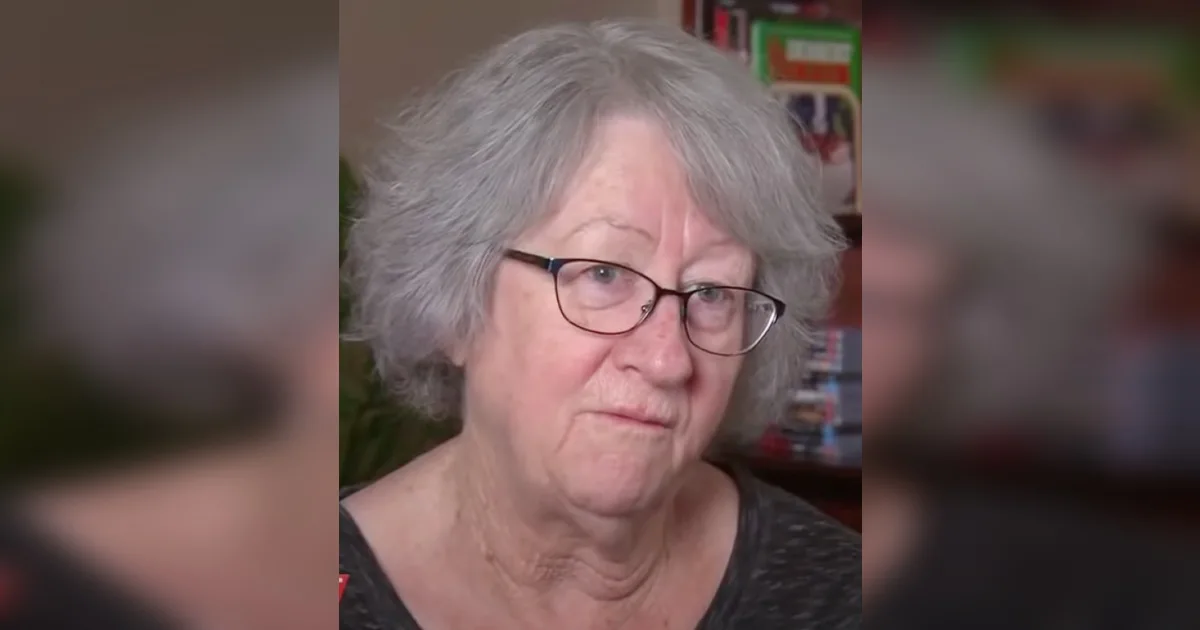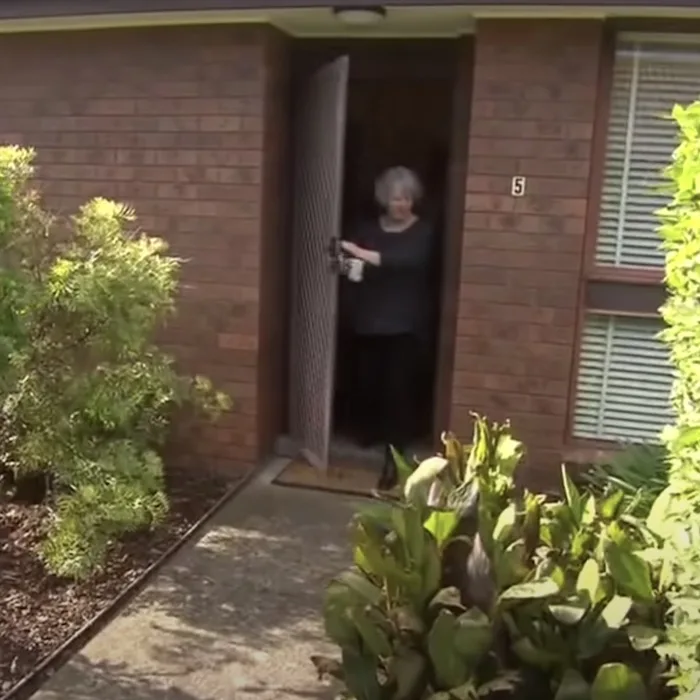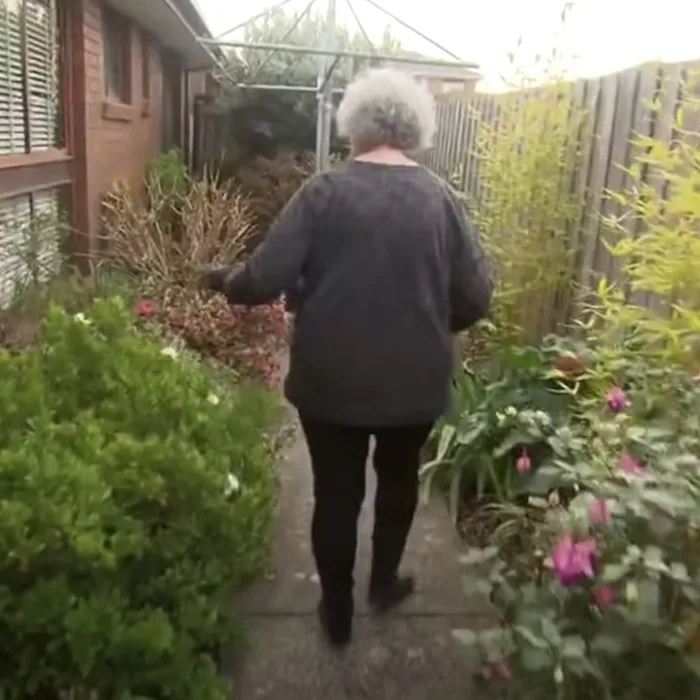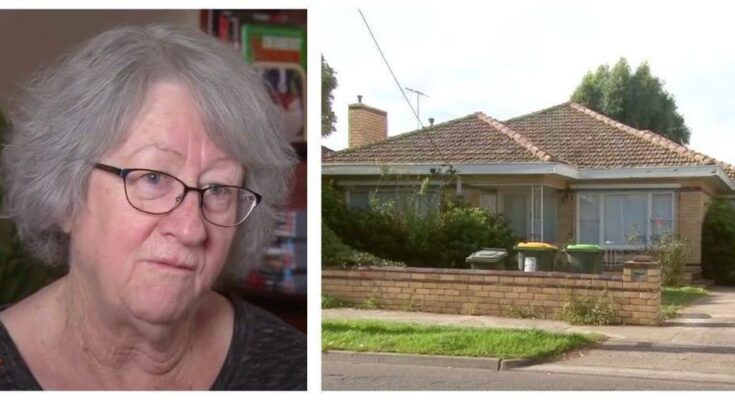
In some cases, the lease may continue as before if the landlord’s estate or successors decide to honor or renew existing leases. This means that the tenant can continue living in the property under the same terms and conditions outlined in the original lease agreement.

However, in other cases, especially if the property is sold or if the new landlord decides to start fresh, the new landlord may choose to terminate existing leases. This could require the tenant to find a new place to live.
For Jane Sayner, a 75-year-old resident of St. Albans in Melbourne, Australia, the passing of her landlord, John Perrett, presented a unique situation. Despite John Perrett being a multi-millionaire with no spouse or children, he had left a significant portion of his fortune to the Nephrology Department of the Royal Melbourne Hospital, amounting to around AUD$18.6 million.
This decision meant that Jane Sayner was able to continue living in her two-bedroom unit without facing the prospect of needing to find a new home or return to work.

In summary, the outcome for tenants when a landlord passes away can vary, but it ultimately depends on the decisions made by the landlord’s estate or successors.



